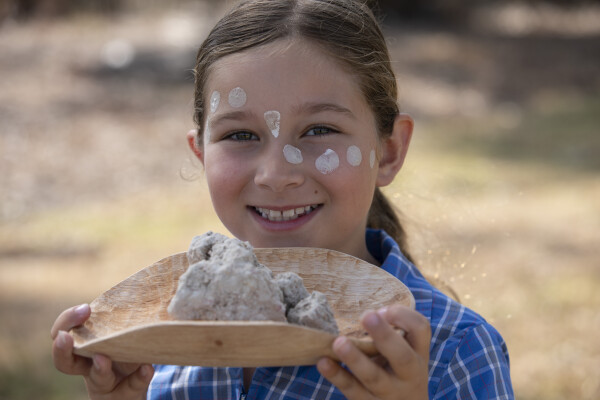
St Paul's
Albion Park
Albion Park
A Catholic Parish Primary School

St Paul’s school values each individual student’s gifts and acknowledges the responsibility to provide opportunities for all students so that they can achieve personal excellence.
At St Paul’s we strive to be a student-centred school, which provides learning and teaching experiences that are appropriate for each individual child’s zone of proximal development.
Staff use a variety of pedagogies and learning frameworks to diversify the curriculum and facilitate quality learning and teaching experiences for all students.
The staff at St Paul’s recognise that each student is unique and has different gifts, abilities, interests and styles of learning, and that some students will require adjustments and additional support to access the curriculum.
The St Paul’s Diverse Learning Team works in collaboration with staff across the school in consultation with parents and carers to ensure the whole range of student abilities and needs is catered for so that each student has the opportunity to achieve their personal best.
We do this by making reasonable adjustments to ensure students with disabilities and students who are high achievers can actively be involved in courses and curriculum offered by the school.
Within the structure of a collaborative curriculum planning model, students with diverse learning, wellbeing and behavioral needs are provided with suitable adjustments to participate and progress through the curriculum within an inclusive learning culture.
Adjustments to teaching, learning and assessment experiences support students in accessing the New South Wales syllabus outcomes in suitable ways.
The development of Individual Learning Plans and Personalised Learning Plans is a collaborative process that involves the Diverse Learning Support teacher, classroom teachers, the student and their parents and carers, providing the student with an opportunity to set learning goals in the spirit of growth that is an imperative of the St Paul’s philosophy of learning and teaching.
For more information, view our CEDoW Diverse Learning Needs Policy
Gifted education is a shared responsibility between the school, home and parish. The school follows Gagné’s model and he defines giftedness as the possession of natural abilities at levels significantly beyond what might be expected for one’s age – that is, giftedness is outstanding potential that may or may not yet be evident in outstanding performance. Gagné defines talent as the achievement or performance of one or more systematically developed skills at a level significantly beyond what might be expected for one’s age.
At St Paul’s, each student in Year 2 and any new student to the school undertake the ACER General Abilities Test which provides an estimate of a students general reasoning ability.
Teachers may devise specific Individual Plans for students who have been formally assessed as gifted. This may include:
Reading Recovery is an early intervention reading and writing program for Year 1 children and is designed to supplement quality classroom literacy instruction.
The program provides a daily thirty-minute lesson by a specially trained teacher, which addresses student competencies and learning needs, so that children can achieve and maintain normal levels of progress.
The length of time a child is on the program can vary. The program may also identify children who require long-term specialist assistance.
All students who receive additional funding for learning or behavioural needs have an Individual Plan (IP) developed collaboratively with parents and regular meetings are held with parents to discuss progress and concerns.
To support students' additional academic needs in Literacy and Numeracy St Paul’s offers evidence-based Tier 2 Literacy and Numeracy Interventions.
The St Paul’s Diverse Learning Needs team in collaboration with classroom teachers identify students who require additional intervention by analysing assessment data and using this data to determine the most suitable evidence-based intervention.
MiniLit, MaqLit and Extending Mathematical Understanding are the evidence-based interventions implemented at St Paul’s to provide additional support beyond the classroom.